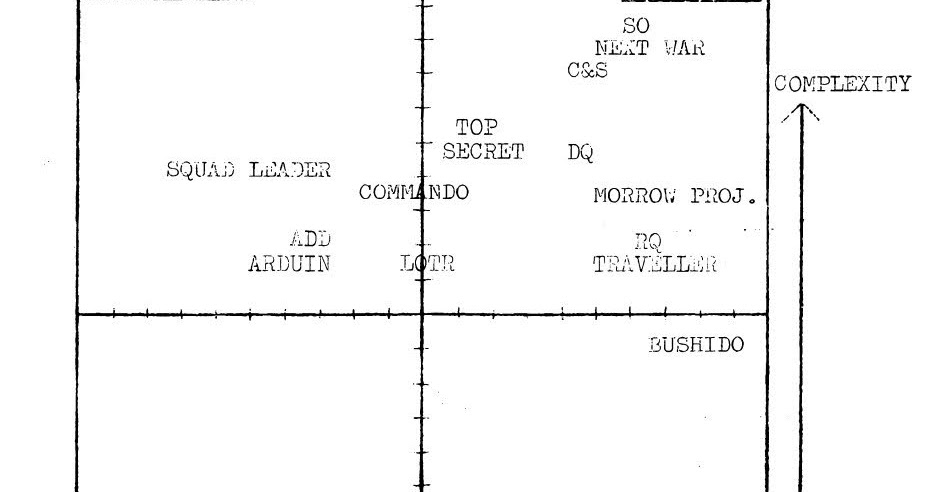D&D historian Jon Peterson asks the question on his blog as he does a deep dive into how early tabletop RPG enthusiasts wrestled with the same thing.
Based around the concept that 'D&D can do anything, so why learn a new system?', the conversation examines whether the system itself affects the playstyle of those playing it. Some systems are custom-designed to create a certain atmosphere (see Dread's suspenseful Jenga-tower narrative game), and Call of Cthulhu certainly discourages the D&D style of play, despite a d20 version in early 2000s.

 playingattheworld.blogspot.com
playingattheworld.blogspot.com

Based around the concept that 'D&D can do anything, so why learn a new system?', the conversation examines whether the system itself affects the playstyle of those playing it. Some systems are custom-designed to create a certain atmosphere (see Dread's suspenseful Jenga-tower narrative game), and Call of Cthulhu certainly discourages the D&D style of play, despite a d20 version in early 2000s.

Does System Matter?
Dungeons & Dragons started out as a game with such an adaptable and open-ended set of rules that early adopters questioned whether any fur...




